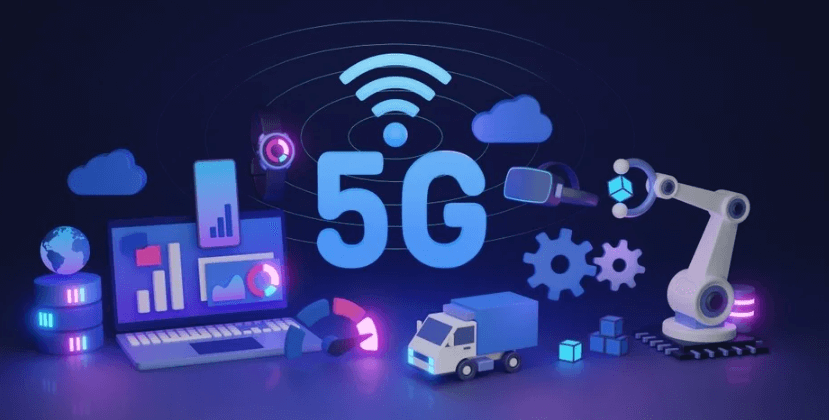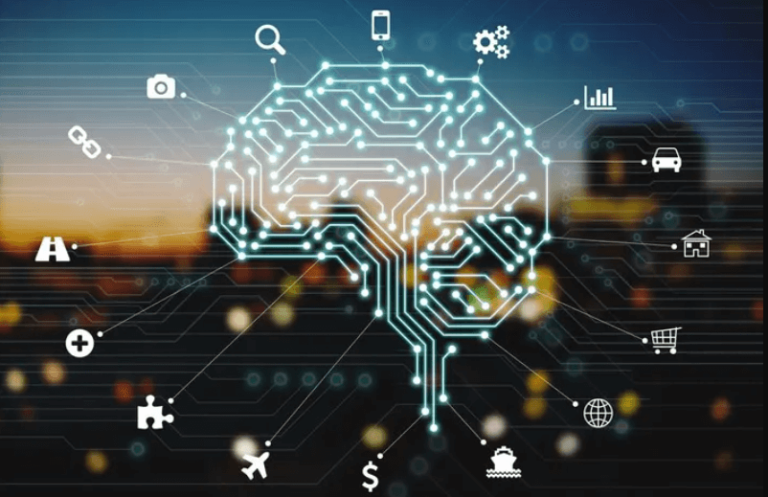Exploring the Impact of 5G: What It Means for Consumers and Businesses
The advent of 5G technology is poised to redefine the landscape for both consumers and businesses, offering remarkable advancements in connectivity and operational capabilities. Consumers can anticipate enhanced digital experiences characterized by faster speeds and lower latency, while businesses stand to benefit from improved automation and innovative customer engagement strategies. However, as we explore these transformative benefits, it is crucial to consider the accompanying challenges, such as infrastructure costs and cybersecurity concerns, that may impede widespread adoption. Understanding these dynamics will reveal the full scope of 5G’s potential and its implications for the future.
Benefits of 5G for Consumers
The advent of 5G technology heralds a transformative era for consumers, promising unparalleled speed, reduced latency, and enhanced connectivity that collectively redefine user experiences across various applications.
With faster downloads, users can access content in real-time, facilitating seamless streaming and instant communication.
This new paradigm not only enhances everyday activities but also empowers consumers to explore innovative solutions that leverage the full potential of digital connectivity.
See also: Top 10 Must-Have Gadgets for Tech Enthusiasts in 2025
Transformative Effects on Businesses
Significantly reshaping operational frameworks, 5G technology enables businesses to harness real-time data analytics, enhance supply chain efficiency, and foster innovative customer engagement strategies.
The deployment of 5G applications drives industry innovation, facilitating seamless connectivity and automation.
As organizations leverage these advancements, they unlock new revenue streams and improve decision-making processes, positioning themselves to thrive in an increasingly competitive and technology-driven marketplace.
Challenges and Considerations
Navigating the complexities of 5G implementation presents numerous challenges and considerations for both consumers and businesses, including concerns related to infrastructure costs, cybersecurity vulnerabilities, and regulatory compliance.
Effective network security is paramount; without it, the benefits of 5G could be undermined.
Moreover, substantial infrastructure investment is required to establish reliable networks, which may pose financial challenges and strategic dilemmas for stakeholders.
Future Trends in 5G Technology
As stakeholders address the challenges of 5G implementation, emerging trends in technology are poised to reshape the landscape, offering innovative solutions that enhance connectivity and operational efficiency for both consumers and businesses.
Notably, advancements in edge computing will facilitate real-time data processing, while network slicing enables tailored services, ensuring optimal resource allocation and user experiences.
These developments promise to unlock the full potential of 5G.
Conclusion
In conclusion, the advent of 5G technology represents a paradigm shift akin to the transition from horse-drawn carriages to automobiles, fundamentally altering the landscape for consumers and businesses alike.
While the benefits, such as enhanced connectivity and operational efficiencies, are substantial, the challenges of infrastructure investment and cybersecurity must not be overlooked.
Addressing these obstacles will be crucial in harnessing the full potential of 5G, paving the way for innovative applications and economic growth in a rapidly evolving digital landscape.






